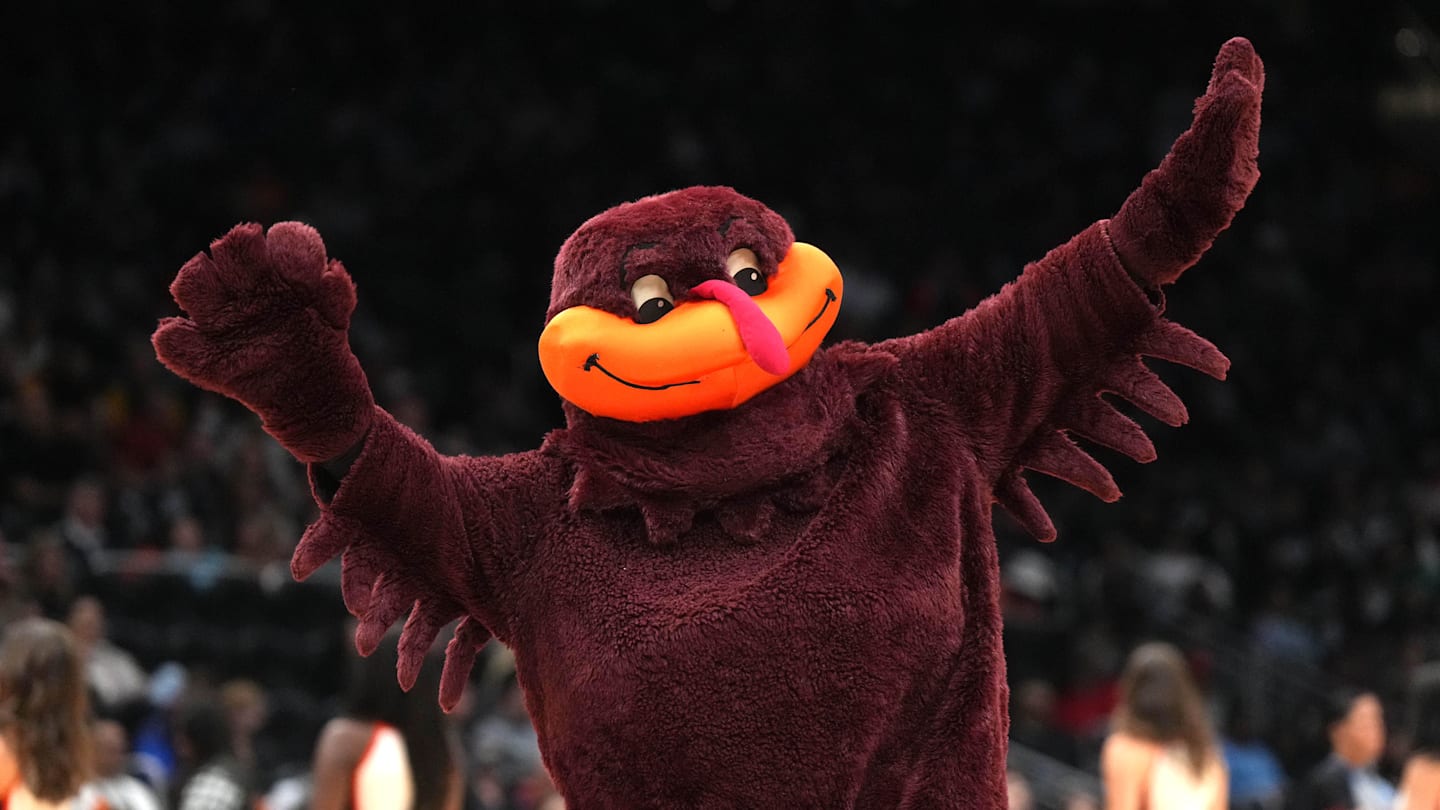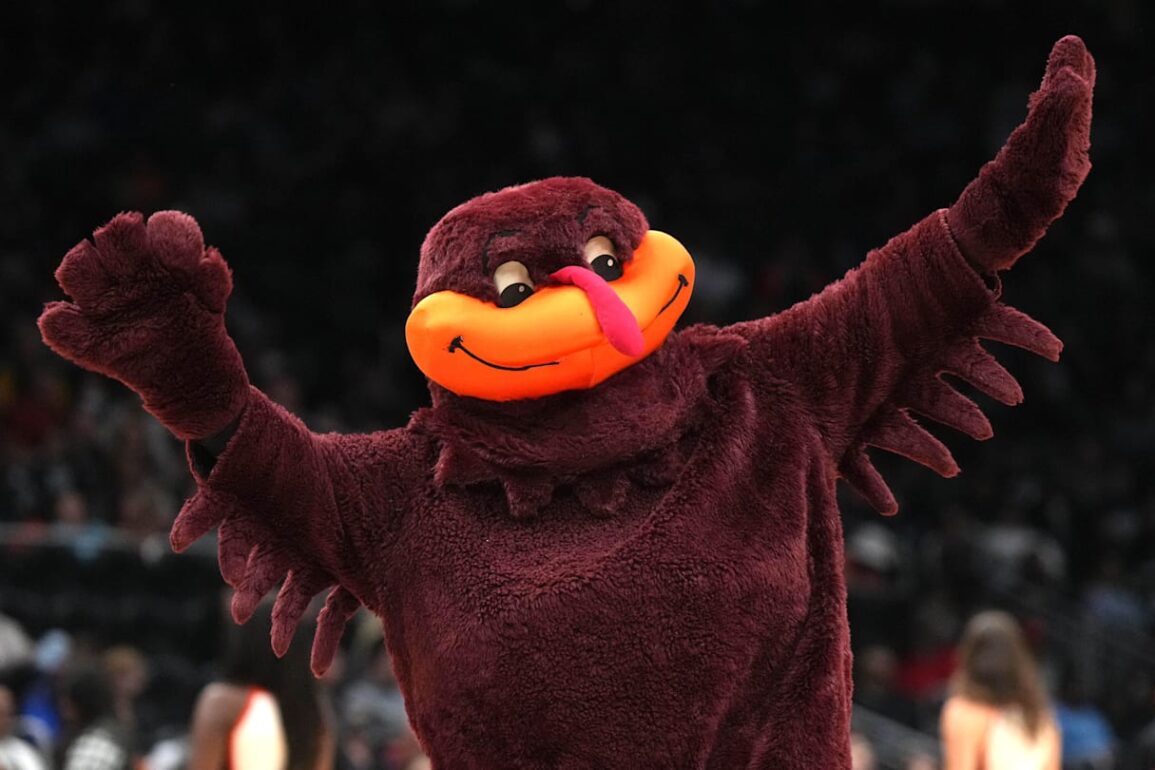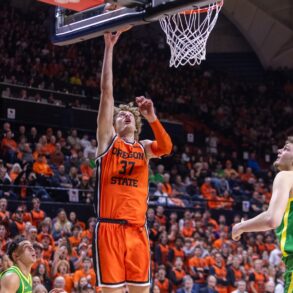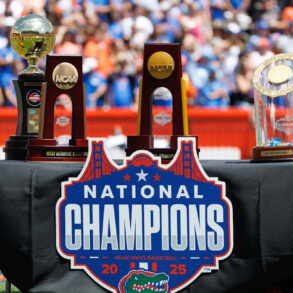
This past Tuesday, Virginia Tech announced the hiring of Nelson Hernandez to the role of general manager for the men’s basketball program.
Hernandez joins the Hokies’ staff after serving as the director of player personnel and recruiting for West Virginia last season.
Hernandez, like every collegiate general manager, has their work cut out for them in the new landscape of collegiate sports. With NCAA basketball becoming increasingly professionalized every year, implementing concepts like player valuation, payment and a focus on scouting the transfer portal has dramatically changed how programs operate.
With over a decade of college basketball experience, Hernandez comes to Blacksburg to implement and oversee new concepts of professionalization.
“I’m looking forward to helping elevate the program in every way I can—supporting our student-athletes, maximizing opportunities in the NIL and revenue-sharing space, and working alongside a great staff as we navigate the future of college basketball together,” he said in a university press release.
Starting next season, schools will begin revenue-sharing with their student-athletes and, for the first time, directly compensate athletes for their on-field talents.
Pending judicial approval of the highly publicized House v. NCAA settlement, next year will likely include a $20.5 million annual cap on NIL revenue-sharing and an NCAA auditing board that seeks to disallow NIL collective pay-for-play contracts that have been the primary vehicle of player compensation since 2021.
While not every school intends to pay up to the cap, most Power 4 institutions will maximize their spending.
Virginia Tech has publicly stated it will spend the full $20.5 million in revenue sharing. However, no reports exist on how much of that pool will be allotted to men’s basketball. Most programs planning to max out the cap will invest between $3 million and $6 million in men’s basketball, depending on team revenue generation and institutional preference.
Effectively, athlete compensation will be brought in-house to schools and removed from the hands of third-party, booster-funded NIL collectives.
Personnel to handle this transition and expand upon player valuation techniques once reserved for professional front offices is in high demand across the college landscape.
Many schools have invested resources in building out their own front offices, like in-conference foe North Carolina State, which recently onboarded Andrew Slater from the Oklahoma City Thunder organization to lead their efforts.
Playing “Moneyball” is a differentiator many schools believe can position themselves well in the new environment.
Head coach Mike Young believes the value of this role, and the abilities of Hernandez, will translate to team success, stating, “Bringing Nelson on board as our general manager is a tremendous addition to our program… the college athletics landscape is changing rapidly, and having someone with Nelson’s experience, vision and organizational strength is critical as we navigate this new era. He’s going to be instrumental in helping us build our roster and sustain success.”
The new era of college basketball is here with no firm blueprint for success.
Hernandez and the many other newly minted general managers will navigate a whitespace unlike anything seen before in college sports, likely with a significant impact on team output.
This post was originally published on this site be sure to check out more of their content.








